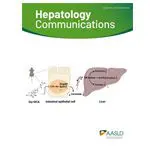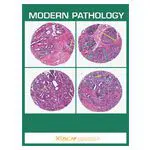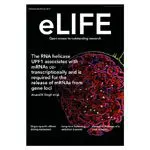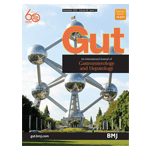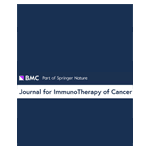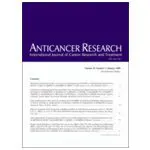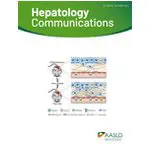The genomic landscape of fibrolamellar hepatocellular carcinoma: whole genome sequencing of ten patients
This study sequenced the DNA from FLC tumors and compared the results to the DNA from non-cancerous tissue from the same patients to identify the specific mutations that had occurred in the cancer. In the 10 samples examined, the only consistent mutation was the DNAJB1-PRKACA fusion gene. Since the only consistent mutation found was the …


